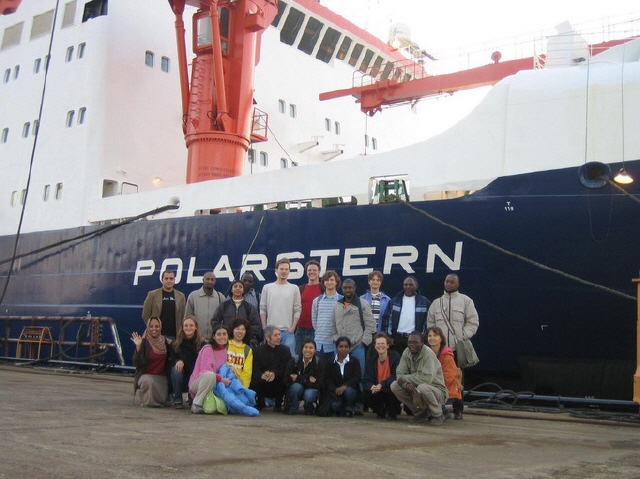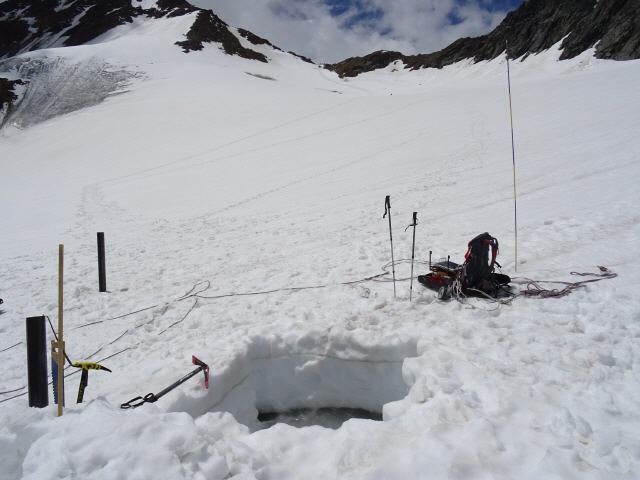AWI / Fields of Activity

Climate Sciences:
Physical and chemical processes in the Earth’s atmosphere, cryosphere and hydrosphere are the main determiners of climate. The research of the climate sciences department focuses on a better understanding of these processes and on assessing the natural climate variability as well as the anthropogenic impact inflicted. The development in the polar regions is what the members of the staff are especially interested in. To improve our understanding of the components of the climate system and their interactions, they follow a twofold approach. On the one hand they operate observational and measurement systems for the Arctic and Antarctic, and on the other hand they push the development, optimization and verification of regional and global coupled climate models. They use research vessels, observatories, aircraft and satellite systems for their observations and are concerned with the development of the ocean, atmosphere, sea ice and ice shields. Process studies to assess small-scale phenomena on short time scales go hand in hand with long-term programmes documenting the development of the polar systems.

Geosciences/Marine Geology:
The current and future climate development is subject to significant change due to the increasing human influence on the climate system. The polar regions are especially affected by this change. The extent and the rate of this change are controversial, however. An improved assessment requires precise knowledge of the natural climate fluctuations, i.e. of periods in which human influence did not play a role. Hence, the major research activities of this section are focussed on reconstructing and understanding the mechanisms and impacts of past global environmental variability related to natural driving forces of climate change. The members of this department achieve this by interpreting climate signatures preserved in marine sediment records.
Biosciences/Marine BioGeoScience:
The interdisciplinary team is studying the cycling of biogenic elements in the marine realm and their relationship to climate oscillations. Their research bridges biological, geological timescales and spatial scales from the organism to a global perspective. Their approach is based on a close interplay between observations and experiments, proxy development, and mathematical modelling.

